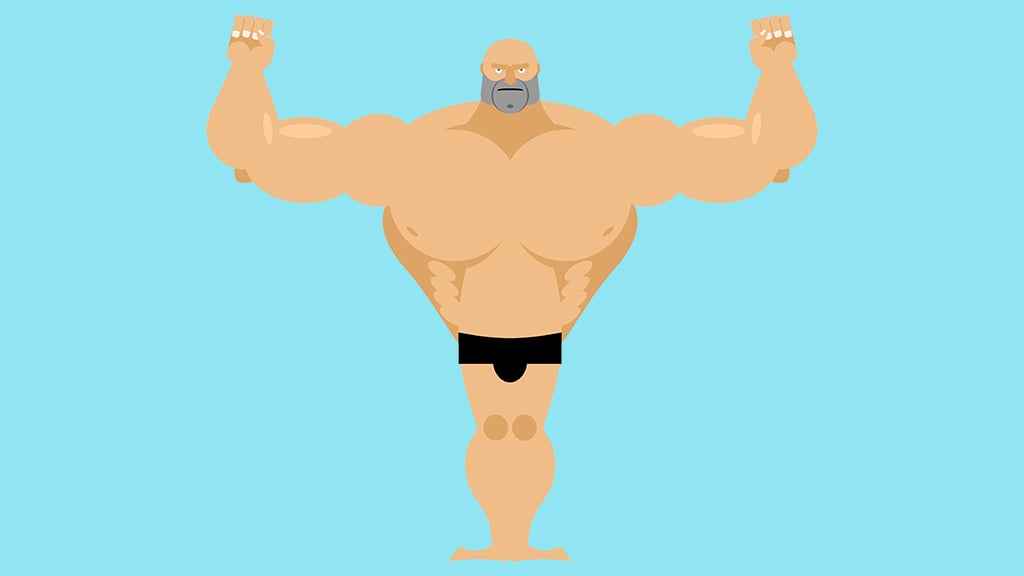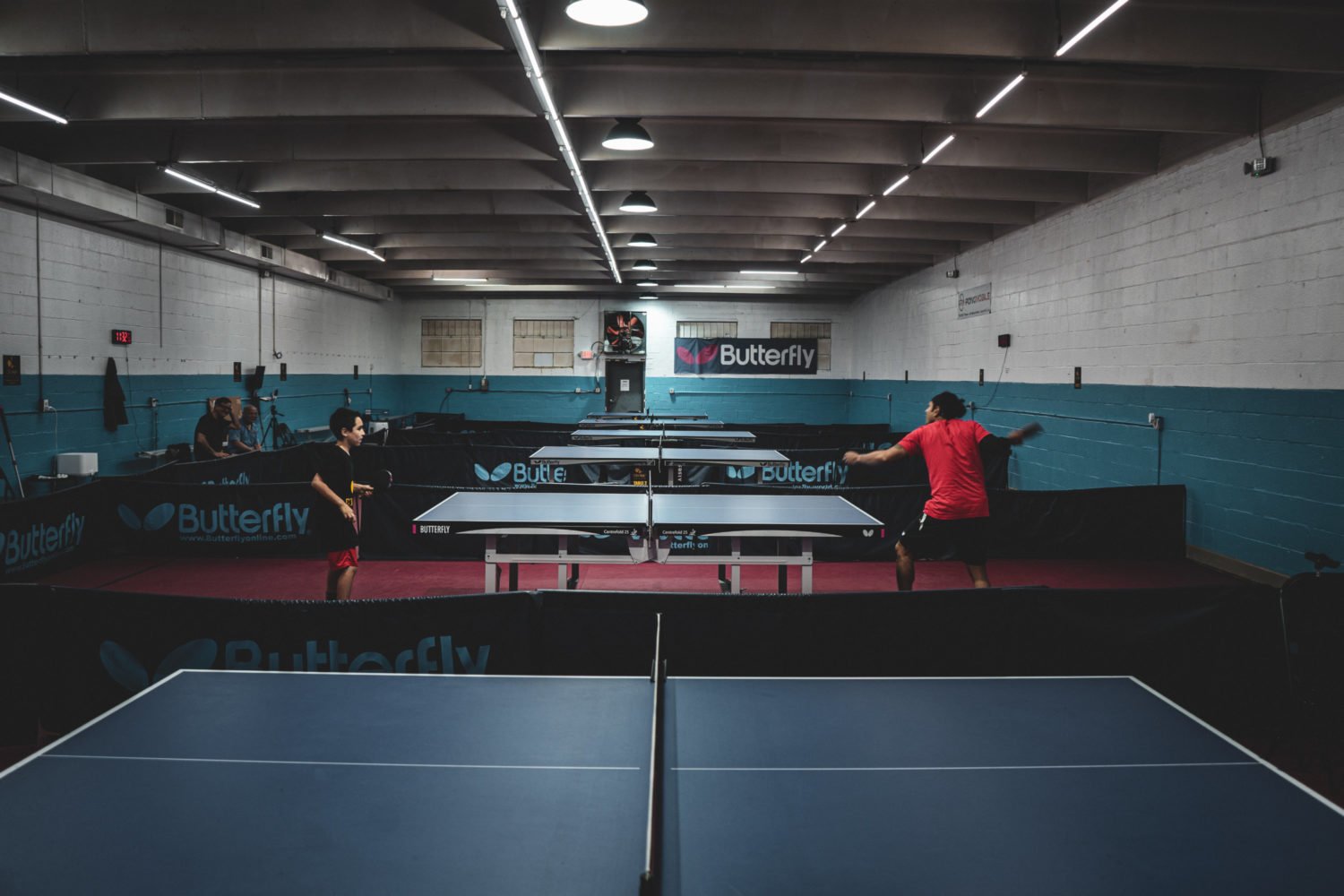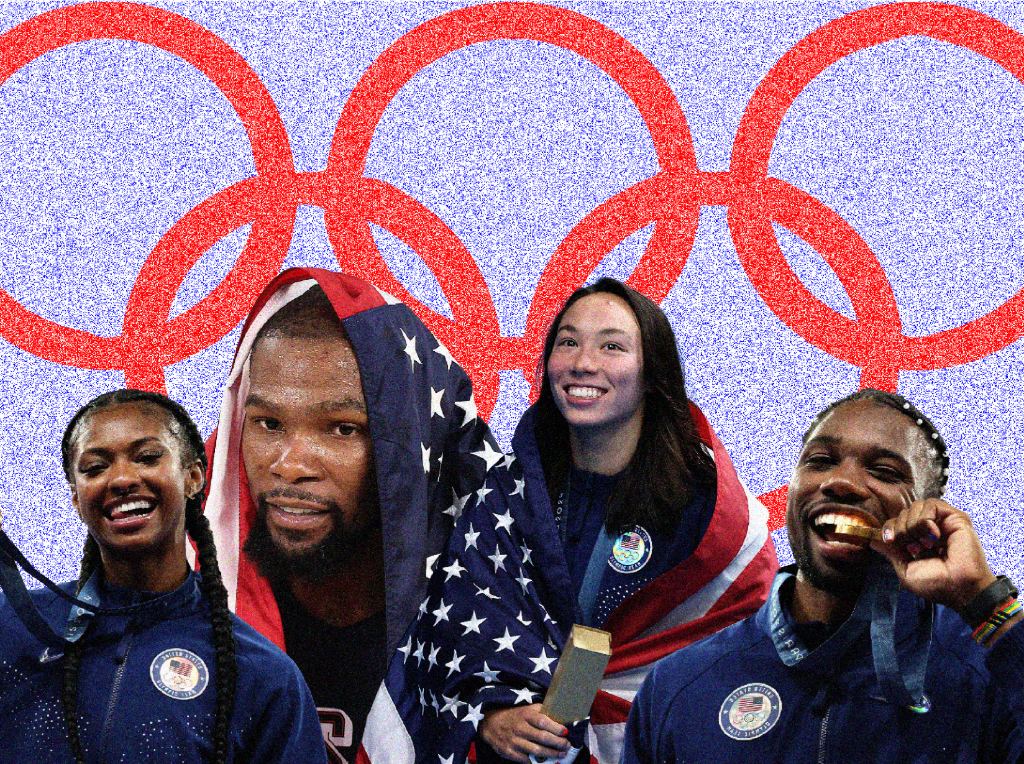In the nearly 3 week span of the Rio Olympics, NBCUniversal will be broadcasting 6,755 hours of programming, which amounts to over 350 hours per day. After the first week of events, the average number of viewers who tuned into the Olympics per day was 28.6 million. That’s a lot of butts on a lot of couches in front of a lot of TVs, probably downing a lot of beers.
But the fitness industry is counting on something else: a lot of people taking in the svelte bodies of the athletes on TV and feeling inspired (or feeling inadequate, or feeling whatever other emotions motivate a gym visit).
“I’m hearing people saying, ‘How do I get my body to look like these high divers and swimmers?'” says Devin Maier, Managing Director at Balance Gym, which has four locations in DC. “A lot of people are saying, ‘I need to get up off my sofa.’ We’re seeing more people coming in our doors these last few days.”
There’s a surprising lack of research on the link between the Olympics and peoples’ personal fitness habits, but the numbers that exist reflect what Maier has seen anecdotally. A poll by 24-Hour-Fitness during the London 2012 Olympics found that 89% of members were more motivated to work out after watching the Olympics (granted, being a 24-Hour-Fitness member already shows a baseline motivation to work out that eludes many of us.) Another poll by the media site PopSugar, taken during the 2008 Beijing Olympics, found that roughly 80% of readers were inspired by the Olympics to work out.
At Balance Gym’s locations in DC, the Olympics are inspiring not only an uptick in visits, but also a shift in Maier’s customers’ workouts. “Rings are a big part of CrossFit, and so the people who do that are now really interested in Olympic ring workouts,” Maier says. American domination in the Olympic pool has apparently shifted the clientele at Balance Gym’s Foggy Bottom pool, too. “Typically our pool skews older when it comes to usage, mostly senior citizens,” says Maier. “But in the last couple of days there’s been a lot of younger bodies in speedos in there.”
Some people, of course, try to have it both ways. Maier says he’s noticed that his clients are starting to time their workouts around specific Olympic events, and they often request that Balance’s TVs get tuned into an Olympic race in the same type of sport as their workout. “If people are doing cardio and core, they’ll be watching [a sport that matches] what they’re doing,” he says, “even if they’re on level 1 and the athletes on TV are on level 10.” What better way to motivate that last mile of lap swim than watching Katie Ledecky beat the heat by half a pool?
Other businesses are also trying to capitalize on a potential Olympics-inspired surge of activity, in what is normally a slow month of the year. Georgetown Business Improvement District has launched the Georgetown Games, which challenges locals to complete an activity in Georgetown similar to—or loosely inspired by—each of the Olympics’ 28 sports. Some are literal, like suggestions to play basketball at Volta Park; other sports require more imagination, like “shooting the breeze at your favorite neighborhood watering hole” rather than actually picking up a 10 meter air rifle Ginny Thrasher-style.
In trying to link their marketing with the games, businesses run the risk of being too overt. The indoor cycling gym Flywheel launched a popular promotion called Fly Summer Games. The program was originally called Fly-Lympics, but was changed to Fly Summer Games at the request of the Olympics Committee. Despite the naming glitch, the program—in which participants complete milestone classes and receive several prizes—has garnered impressive signups.
It could be that the Olympics are a perfect motivator in a city like DC: several fitness instructors noted that the games seem to play into a competitive and patriotic streak that their clients in the nation’s capital possess. “DC is a very fit city,” says Jackie Avarado of FlyWheel, who has also worked in Miami. “People here are the type to go challenge themselves.”



















